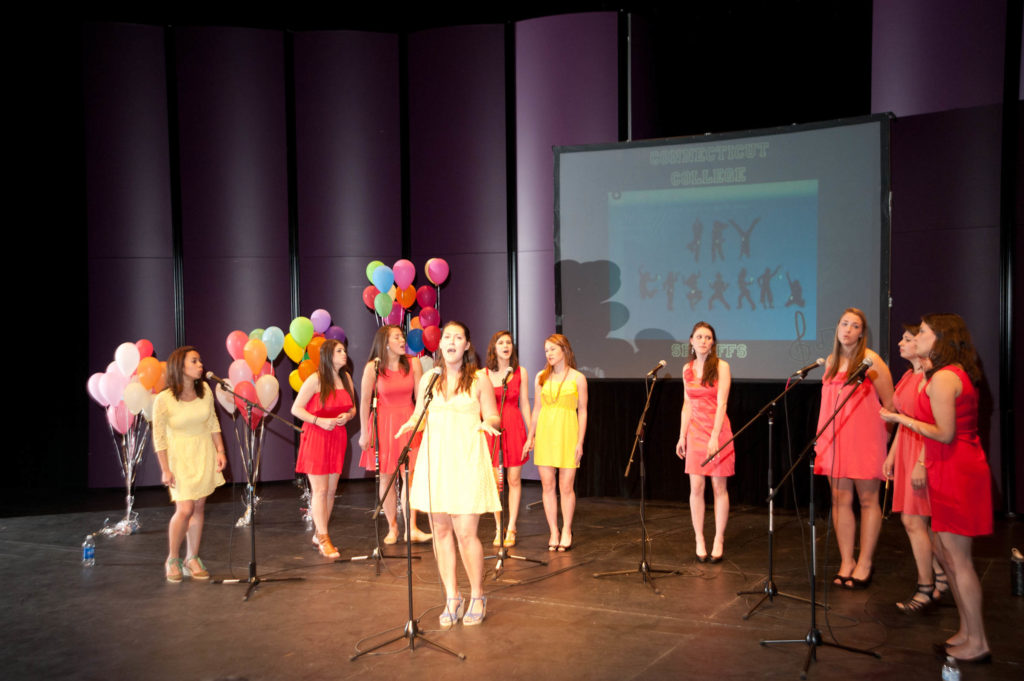Disclaimer: The opinions stated in this article are solely those of the author and do not reflect the position of the Muhlenberg Weekly on a cappella.
I have been advised by many not to publish this article, but I will no longer be silenced. Before getting to the meat, allow me to give some background on myself and my relationship to a cappella. I am no stranger to a cappella, for three years of high school I myself was in an a cappella group, the Creshen-dudes, and in my senior year I co-ran it. Two of my siblings also spent their fair share of time in a cappella groups, and I went to their performances. There was a point where I thought a cappella was cool, but that point has passed.
I understand the culture on this campus, I get that I will be in the minority here, but enough is enough. I do not like a capella. Not only do I not like a cappella, I also do not understand how people can consistently be engaged and entertained by a cappella shows. Obviously people here at Muhlenberg like a capella, there are six a cappella groups on campus, which for a campus of approximately 2,000 students that seems excessive. But before saying something as rash as that, we must consider what distinguishes them from each other. For the most part, what distinguishes them is the demographics of their members (like Acafellas or Girls Next Door), with the exception of Noteworthy, who only performs Broadway tunes, and the Chaimonics, who perform traditional Hebrew songs as well as contemporary pop hits. I can see what makes these groups different from each other, but the greater question remains.
What makes any a cappella group different from any other a cappella group in the world? As far as I can tell, not much. And this is true of all a cappella groups, not just those here at Muhlenberg. One of the best things about music is what people do with it. Musical genres are supposed to grow, develop, change with time and groups but I just don’t see that with a cappella. A cappella is just a regurgitation of popular music and it has been since its inception. How am I supposed to be interested in the Acafellas rendition of Year 3000 when I can find thousands of other groups doing virtually the same thing? This is not an attack on the Acafellas, this is an attack on a cappella. Because if I went to Williams College I’d be writing about why the Williams College Ephlats do those same songs. And I get that writing new and interesting a cappella songs is difficult, that’s why I don’t do it. That’s why I write comedy, because I enjoy putting in the effort to try and write new and interesting comedic pieces. If you aren’t going to try something new or try to make something different, what’s the point in doing it? And if you aren’t going to see anything new or different, what’s the point in seeing it? I understand that this would take a long time, but wouldn’t it be better to have less concerts that are more interesting and engaging?
I want to be clear, I do not mean to cast aspersions on any of the a cappella groups at Muhlenberg or their members, they are talented and I couldn’t do what they do. I get why people do a cappella, it’s a lot of fun to be in an a cappella group and if you like to sing it is a great way to get yourself out there. I am casting aspersions on you, the reader. Yes, you. You who attends these concerts seeing the same songs with different singers. Look at the GND valentine’s day concert. There was only one new song at this event, yet it was packed. You are going to see people you have seen before sing songs you have heard them sing before. Why?
That isn’t a rhetorical question, I really want to know because I don’t get it. To me a cappella is boring and tiresome and I don’t see the appeal but there must be some appeal. The obsession with a cappella on campus made me angry for a long time, I was frustrated that people didn’t seem to want anything new and were instead satisfied seeing the same old thing over and over again. Now it just makes me sad because trying something new on this campus is difficult and usually not supported by the student body. This isn’t a Muhlenberg specific issue, in America college a cappella groups are more common than colleges. I clearly am missing something. I am still frustrated that it seems that people would rather see a cookie cutter a cappella group rather than, for instance, a new comedian coming to campus. Maybe there is something appealing about the comfort in knowing that you will get the same thing, comfort in knowing. But what is that comfort good for? You have power, if you stop showing up in support for a cappella groups, they will have to start doing more. You can like a cappella, but that doesn’t mean you can’t have high expectations and hold people to those expectations and I hope that you do.

